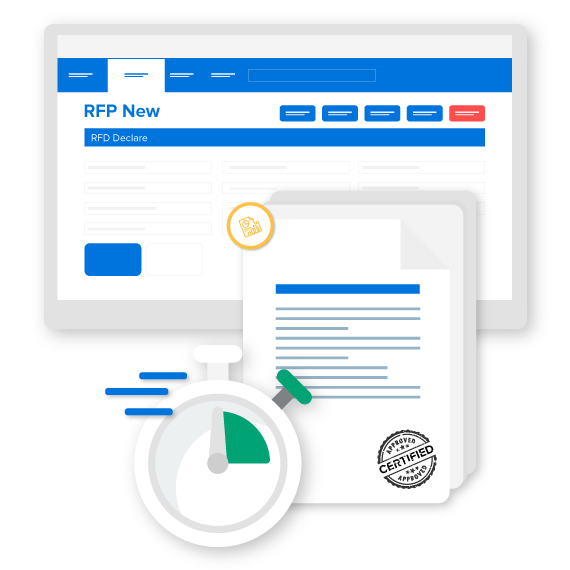
25 Apr
Introduction
In the world of logistics and transportation, the efficient movement of goods is critical to the success of any business. Whether it’s delivering products to customers or moving raw materials to production facilities, the process of managing freight is an essential part of any supply chain. Freight management is the process of coordinating and optimising the movement of goods from one location to another, with the goal of maximising efficiency and minimising costs. In this article, we’ll explore what freight management is, how it works, and why it’s important for businesses of all sizes.
What is Freight Management?
Freight management involves the planning, execution, and control of the movement of goods, from the point of origin to the final destination. This includes all modes of transportation, such as trucks, trains, ships, and planes, as well as the associated logistics and administrative processes, such as warehousing, customs clearance, and documentation. Freight management is a complex and multifaceted process, requiring expertise in areas such as supply chain management, logistics, transportation, and regulatory compliance.
How Does Freight Management Work?
The process of freight management typically begins with the planning stage, where logistics professionals work with shippers to determine the most efficient and cost-effective transportation routes, modes, and carriers. This involves analysing a wide range of factors, such as the type and volume of goods being transported, the distance between the origin and destination, and any special requirements, such as temperature-controlled shipping or hazardous materials handling.
Once a plan has been developed, the next step is to execute it, which involves coordinating the movement of goods with carriers, shippers, and other stakeholders. This requires close attention to detail, as well as effective communication and collaboration with all parties involved. During this stage, freight management professionals monitor the movement of goods, track shipments, and respond to any issues or delays that may arise.
The final stage of freight management is control, which involves ensuring that shipments arrive at their intended destination on time and in good condition. This involves a variety of tasks, such as managing inventory levels, optimising warehouse operations, and providing customer support and feedback. It also involves ongoing analysis and optimisation of the freight management process, to identify opportunities for improvement and cost savings.
Why is Freight Management Important?
Effective freight management is essential for businesses of all sizes, as it can have a significant impact on the bottom line. By optimising the movement of goods, businesses can reduce transportation costs, improve delivery times, and enhance customer satisfaction. It can also help to minimise the risk of supply chain disruptions, such as delays, damage, or loss of goods.
Freight management can also help businesses to meet regulatory compliance requirements, such as those related to hazardous materials, customs clearance, and transportation safety. This is particularly important for companies that operate in highly regulated industries, such as healthcare, food, and pharmaceuticals.
FAQs
Q: What are some common challenges in freight management?
A: Some common challenges include unpredictable weather conditions, fluctuating fuel prices, capacity constraints, regulatory compliance, and the need for real-time visibility and tracking.
Q: What are some best practices for effective freight management?
A: Best practices include developing a comprehensive transportation plan, using technology to track and monitor shipments, building strong relationships with carriers and other stakeholders, and continuously analysing and optimising the freight management process.
Q: How can businesses benefit from outsourcing freight management?
A: Outsourcing freight management can also provide access to a wider range of carriers and transportation options, as well as the expertise of experienced logistics professionals. This can be particularly beneficial for small and mid-sized businesses that may not have the resources or expertise to manage freight in-house.
Q: How can technology help with freight management?
A: Technology can provide real-time visibility and tracking of shipments, automate administrative tasks, optimise transportation routes and modes, and provide data analytics and insights to inform decision-making and continuous improvement.
Conclusion
Freight management is a critical component of any supply chain, and plays a vital role in the success of businesses of all sizes. By optimising the movement of goods, businesses can reduce costs, improve delivery times, and enhance customer satisfaction. Effective freight management requires expertise in areas such as logistics, transportation, and regulatory compliance, as well as the use of technology and strong relationships with carriers and other stakeholders. Whether managed in-house or outsourced to a third-party provider, freight management’s an essential part of any business’s operations.


